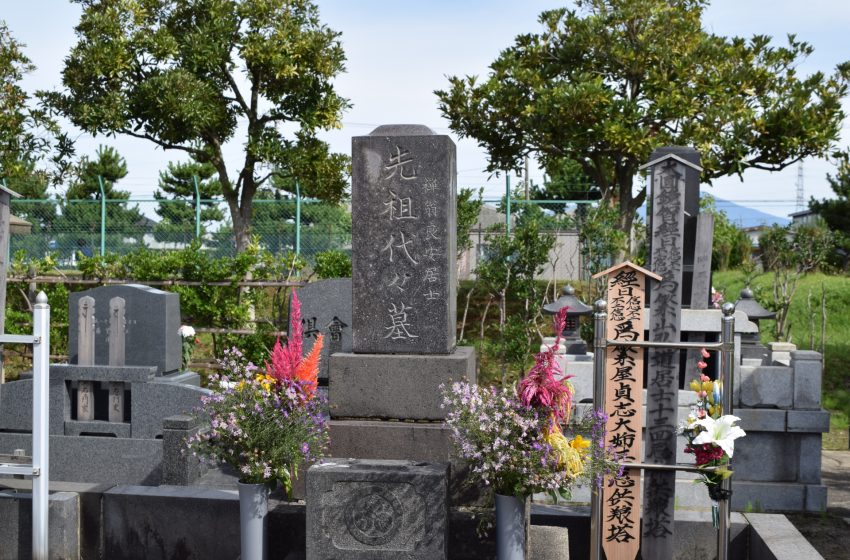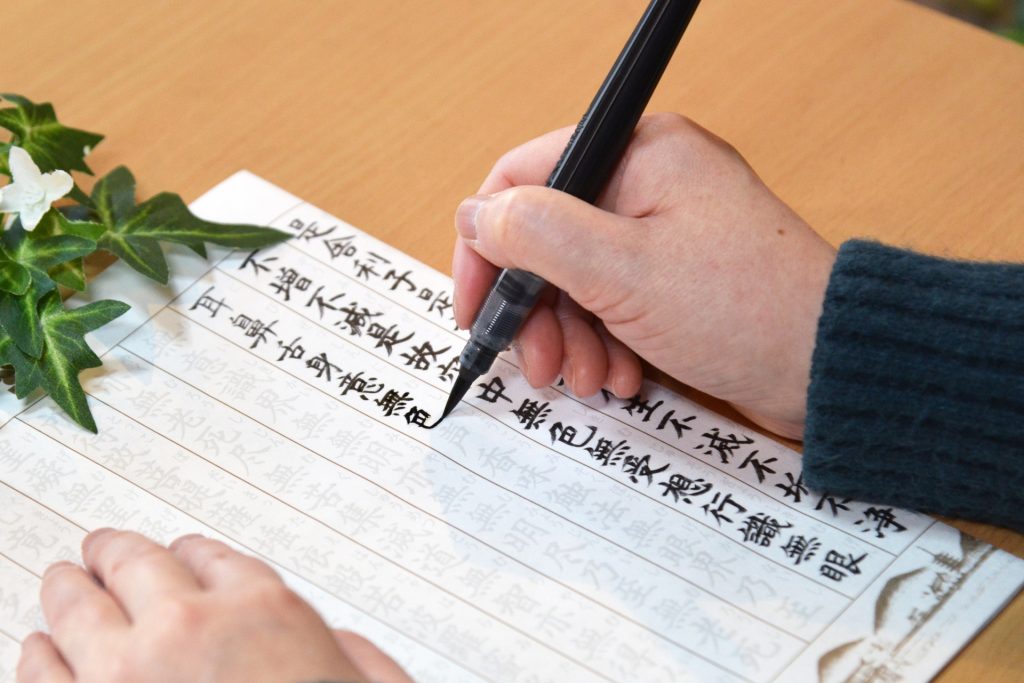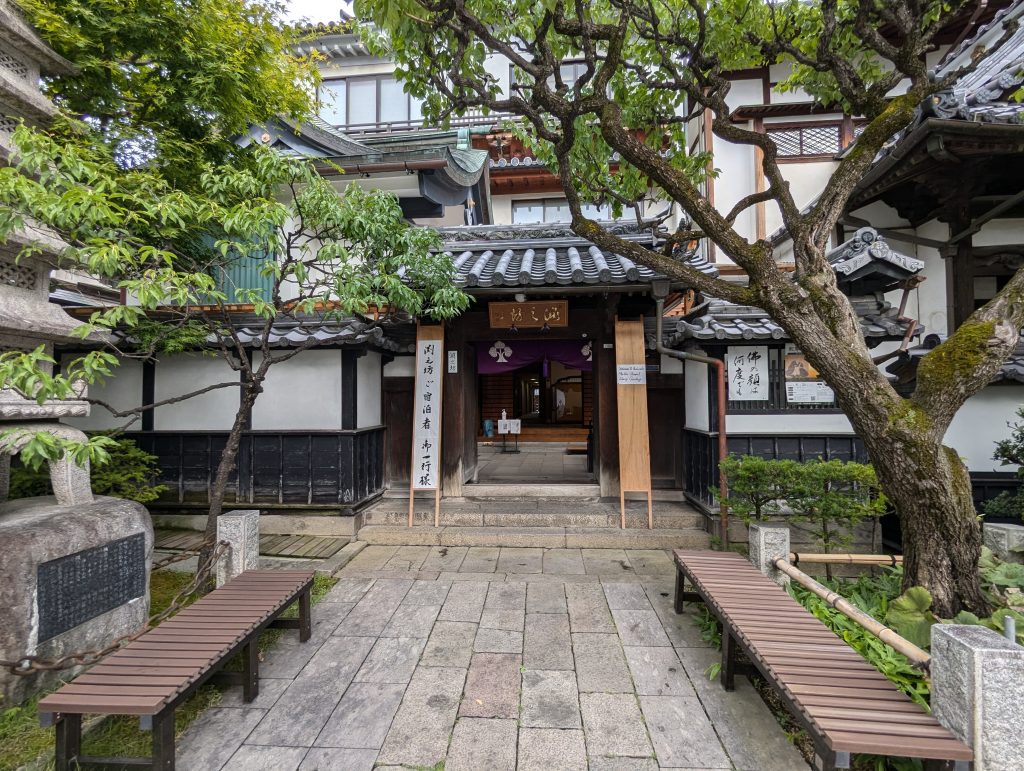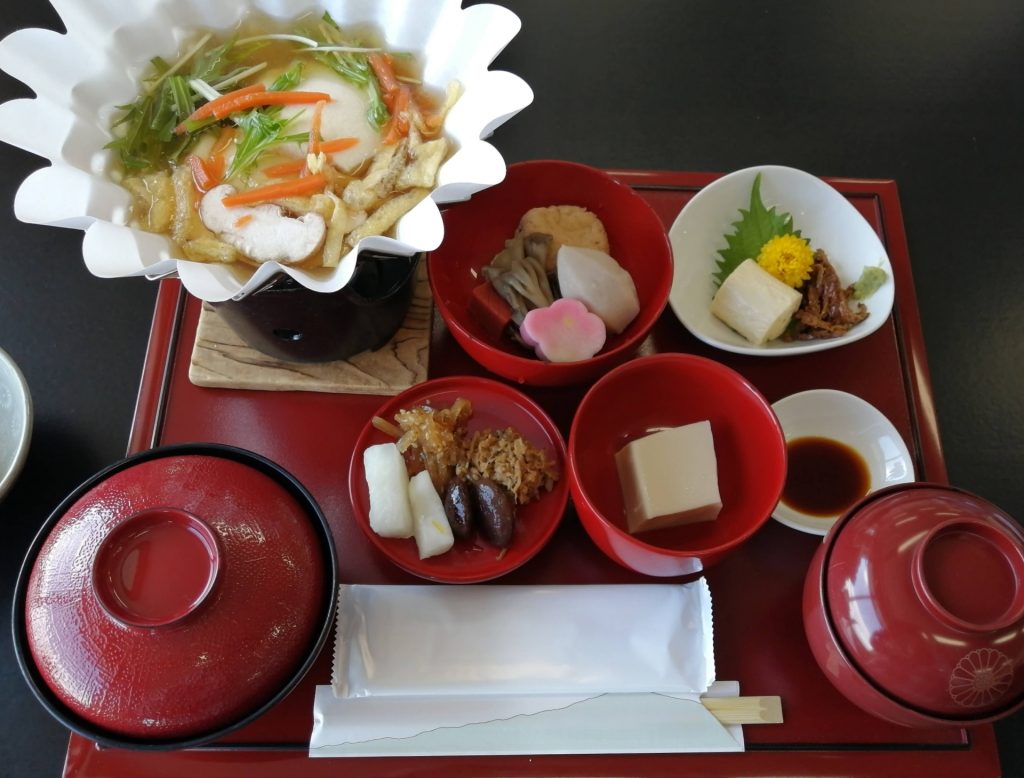
Obon: Honoring Ancestors in Japan’s Festival of Souls
Greetings, culture enthusiasts and world travelers! Today, we embark on a journey into the heart of one of Japan’s most significant and poignant traditions: Obon. This annual event, deeply rooted in Buddhist beliefs, is a time for honoring ancestors and reuniting with family. Obon is not just a festival; it’s a spiritual experience that weaves together the threads of memory, tradition, and familial bonds.
Understanding Obon
Obon, often referred to as the Festival of Souls, is observed during the summer, typically in mid-August, though dates can vary regionally. The festival is believed to originate from the Buddhist tale of Mokuren, who, through his supernatural powers, saw that his deceased mother was suffering in the realm of hungry ghosts. After seeking Buddha’s advice, he made offerings to his fellow monks, which in turn alleviated his mother’s suffering, a story that underlines the festival’s themes of filial piety and compassion.
The Customs of Obon
Obon is marked by a variety of customs that reflect both respect for the ancestors and the joy of family reunions:
- Bon Odori: The Bon Dance is perhaps the most iconic aspect of Obon. Communities gather to perform traditional dances, often in a circle around a raised platform called a yagura. These dances vary from region to region and are performed to welcome the spirits of the ancestors.
- Toro Nagashi: In this poignant ceremony, lanterns are lit and set afloat on rivers, lakes, or the sea. The floating lanterns symbolize the ancestors’ spirits being guided back to their world after their brief visit to the living.
- Mukae-bi and Okuri-bi: At the start of Obon, welcoming fires (mukae-bi) are lit to guide the spirits back home. At the festival’s end, send-off fires (okuri-bi) are lit to send the spirits back to their resting place.
- Visits to Graves: Family members visit and clean their ancestors’ graves, offering prayers, incense, and flowers. Offerings of food and drink are also made, and family altars are adorned with a special Obon lantern.
Experiencing Obon in Japan
For travelers in Japan during Obon, it’s an opportunity to witness a key aspect of Japanese culture. Participating or observing the Bon Odori, watching the mesmerizing Toro Nagashi, or simply feeling the festive yet reflective atmosphere in towns and cities is an unforgettable experience.
Conclusion: A Festival of Remembrance and Reunion
Obon is a time for reflection, remembrance, and celebration of family ties that transcend the physical world. It reminds us of the enduring bonds with those who have passed and the importance of family and community in our lives.
Whether you’re participating in the lively Bon Odori, watching the serene Toro Nagashi, or contemplating the flickering lights of mukae-bi and okuri-bi, Obon offers a unique window into the heart of Japanese culture and spirituality.
Embrace the spirit of Obon, a festival that beautifully blends solemnity with celebration, reminding us of the cycle of life, death, and the enduring nature of familial love.




